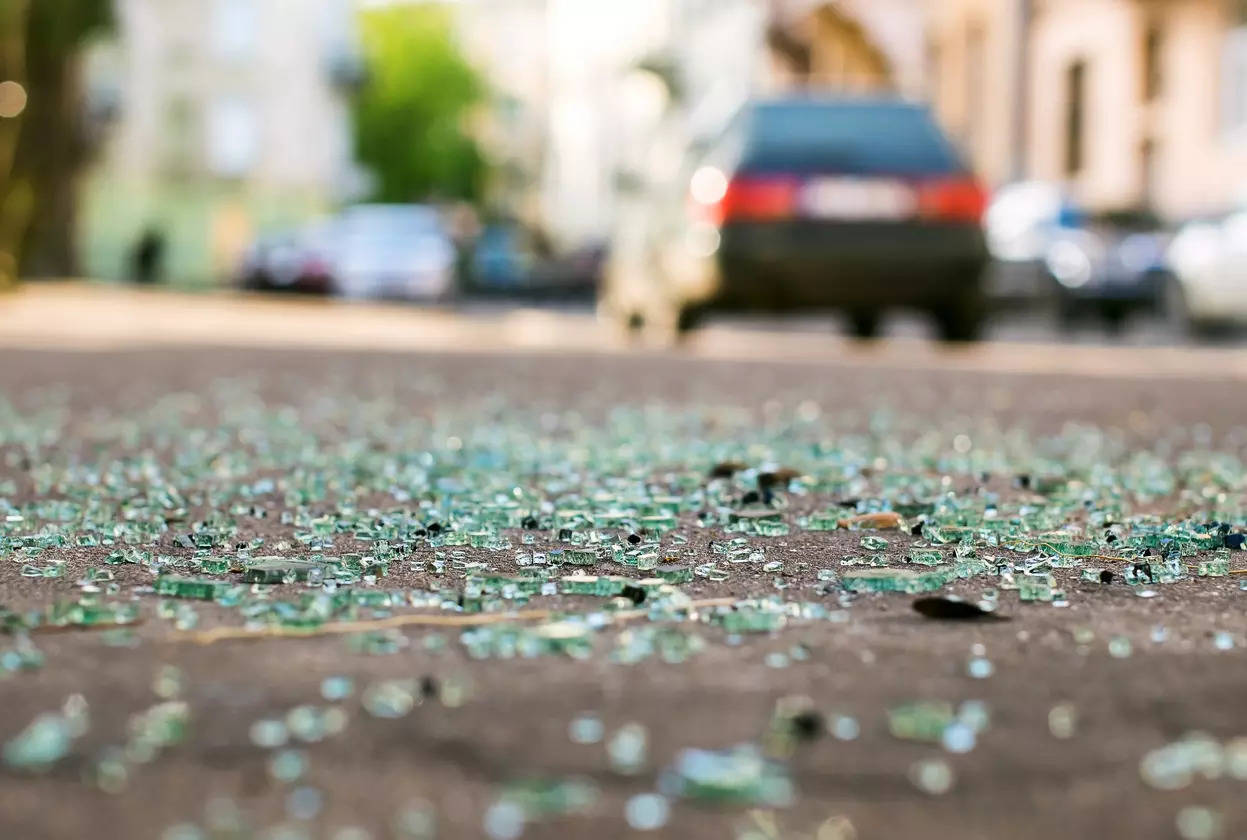
On a chilly November evening, amid the lights and honking horns of a busy city intersection, tragedy struck. Six young men, full of life and dreams, never reached their homes. A car crash involving a container truck on Dehradun’s Ballupur-Garhi Cantt road shattered not just the vehicle but the lives of their families. Parents, siblings, and friends were left grappling with the gaping void that would never heal. This incident, as reported, highlights an unsettling truth — our roads have become silent killers.The stark reality of road crashes in India
Data from 2023 paints a grim picture: every day, 26 children lose their lives in road accidents, and among them, seven fatalities occur due to driving-related causes. Over-speeding accounted for 68% of these deaths, claiming thousands of lives. Uttar Pradesh, with the highest number of fatalities, and states like Tamil Nadu and Maharashtra, continue to see road tragedies unfold daily. Children, pedestrians, and motorcyclists are frequent victims, underscoring the vulnerability of road users.
These statistics, however, don’t just end with numbers. Each digit represents a life unfinished, a family left in devastation, and a community scarred forever.
The lasting impact on families and society
The aftermath of road crashes is profound. Families face unimaginable trauma, both emotional and financial. Breadwinners are lost, leaving dependents in the lurch. Medical treatments for survivors, who often suffer lifelong disabilities, are exorbitantly expensive, adding to the economic burden. Children lose parents, spouses are widowed, and dreams are abruptly replaced with the harsh reality of survival.
The societal impact is equally grave. Hospitals bear the brunt of emergency trauma cases, with overworked doctors trying desperately to save lives in critical conditions. The economic cost, as roads continue to claim productive members of society, runs into billions. The trauma burden, which affects mental health, leads to a ripple effect impacting communities, workplaces, and social networks.
How we can all contribute to change
On this World Day of Remembrance for Road Crash Victims, it is time for introspection and action. We all have a role to play in mitigating this crisis:
1. Awareness and Education: Schools and community groups must prioritize road safety education. Understanding the perils of over-speeding and distracted driving can save lives.
2. Infrastructure and Law Enforcement: Governments must invest in safer road designs, better pedestrian facilities, and stringent traffic rule enforcement. Helmets and seatbelts should not just be mandates but a culture.
3. Community Support: Victims’ families need ongoing support — emotional, financial, and legal. Creating funds and support groups can help them cope with their losses.
4. Corporate Responsibility: Businesses, especially those in the automotive industry, must innovate for safety. Corporate-sponsored road safety campaigns and training sessions can bring much-needed awareness.
5. Individual Responsibility: As road users, each of us must commit to driving responsibly. Small acts, like not using mobile phones while driving, obeying speed limits, and yielding to pedestrians, can make a significant difference.
Every step matters. Every life matters. It is time to come together as a society to end this senseless loss of life. Only then will the grief of the bereaved transform into hope for a safer tomorrow.














